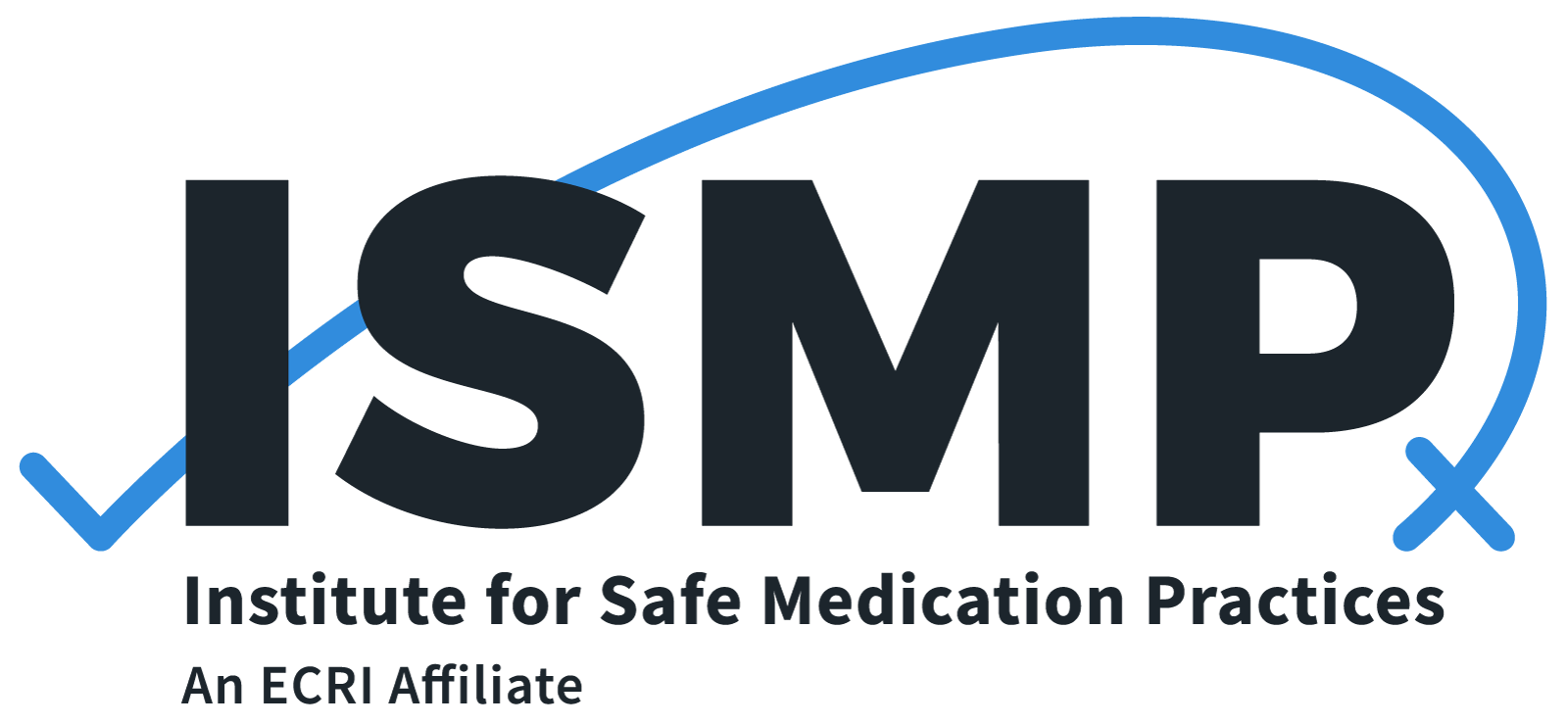This list includes abbreviations, symbols, and dose designations that have been frequently misinterpreted and involved in harmful or potentially harmful medication errors.
Resource Library
These resources are developed from ISMP's review of reports through its national error reporting programs, peer-reviewed articles in its publications, and/or consensus gathering summits on topics pertinent to specific errors or hazards. ISMP offers a wide range of downloadable and easy to use resources. Many are free.
Featured
All Resources
Analyze your current status with implementation.
Consensus-based best practices for issues that continue to cause fatal and harmful errors.
Medications requiring special safeguards to reduce the risk of errors and minimize harm.
Also known as the Look-alike and sound-alike (LASA) list.
Developed to identify, inspire, and mobilize adoption of consensus-based Best Practices for specific medication safety issues in community pharmacy that can cause patient harm.
Analyze your current status with implementation.
Drug name pairs or larger groupings that look similar utilize bolded uppercase letters to help draw attention to the dissimilarities in look-alike drug names.
Developed to support hospitals, ambulatory surgery centers, and other procedural locations in addressing identified national gaps in perioperative and procedural medication safety.
Identify best practices to support safe use of technology and automation in sterile compounding.
Medications requiring special safeguards to reduce the risk of errors and minimize harm.
Collect critical information after a medication error or near-miss occurs. Identify, prioritize, and record problems in your facility's medication use system.
Medications requiring special safeguards to reduce the risk of errors and minimize harm.
Designed to heighten awareness of safe practices in Perioperative Settings.
A white paper that serves as a call to action to nursing programs to change the way they are preparing students.
Identify patient safety risks with web-based surveys and dashboards.
Top 10 Medication Errors and Hazards that appeared in the ISMP Medication Safety Alert! during 2020.
Developed in 2020 to help healthcare facilities standardize smart infusion pump technology.
